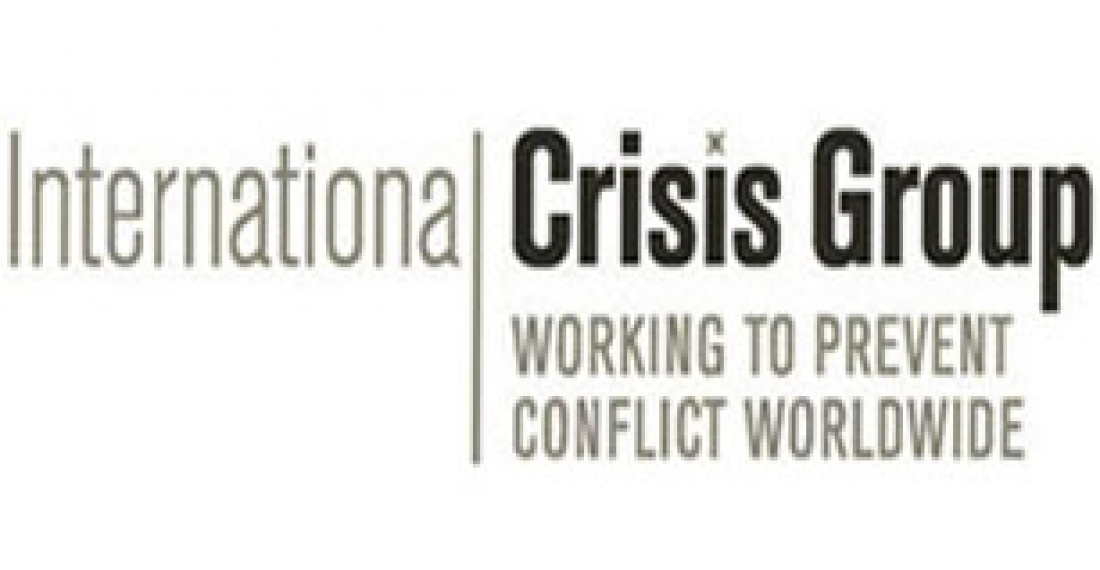"Если произойдет смена режима в Иране – это может привести к непредсказуемым и, возможно, негативным последствиям для Армении”, - заявил в интервью AFP директор проекта по Кавказу Международной Кризисной Группы Лоуренс Шита.
Источник обозначил основные положения ситуации в регионе Южного Кавказа. Это предотвращенные нападения на израильтян в Тбилиси и Баку, трения между Азербайджаном и ее гигантским соседом Ираном, а также опасения начала новой войны “в кровавом конфликте” в Нагорном Карабахе.
Источник перечислил события в Грузии и Азербайджане, связанные с ситуацией вокруг Ирана. “Грузинская полиция в феврале заявила, что обезвредила бомбу возле израильского посольства в Тбилиси, что являлось частью серии атак, в которых Израиль обвинил Иран. В Азербайджане, по обвинению в заговоре против израильтян в Баку, арестовали несколько человек за последние два месяца, обвинив в причастности Иран и радикальных исламистов Хезболла. Вслед за этими обвинениями, последовали спекуляции на тему вербовки шпионов на границе с Исламской республикой”, - отмечает источник.
В свою очередь, подчеркивает источник, у Армении с давних времен сложились теплые отношения с Ираном, а сотрудничество в энергетических и транспортных проектах помогает облегчить экономическую изоляцию, вызванную закрытыми границами с вражескими Азербайджаном и Турцией.
В материале отмечается, что по мере роста предупреждения о возможном ударе Израиля по Ирану, три небольших государства на Южном Кавказе все больше опасаются, что открытый конфликт может вызвать в регионе еще большее потрясение. Южный Кавказ с давних времен является полем битвы за сферу влияния между Ираном, Россией и Турцией, однако падение Советского Союза позволило США и Европе заявить также о своих интересах здесь.
“Как всегда, когда отношения между большими силами вокруг Кавказа напряжены, это отражается на Кавказе», - заявил директор по исследованиям института Центральной Азии и Кавказа, основанной в Стокгольме, Сванте Корнелл.







